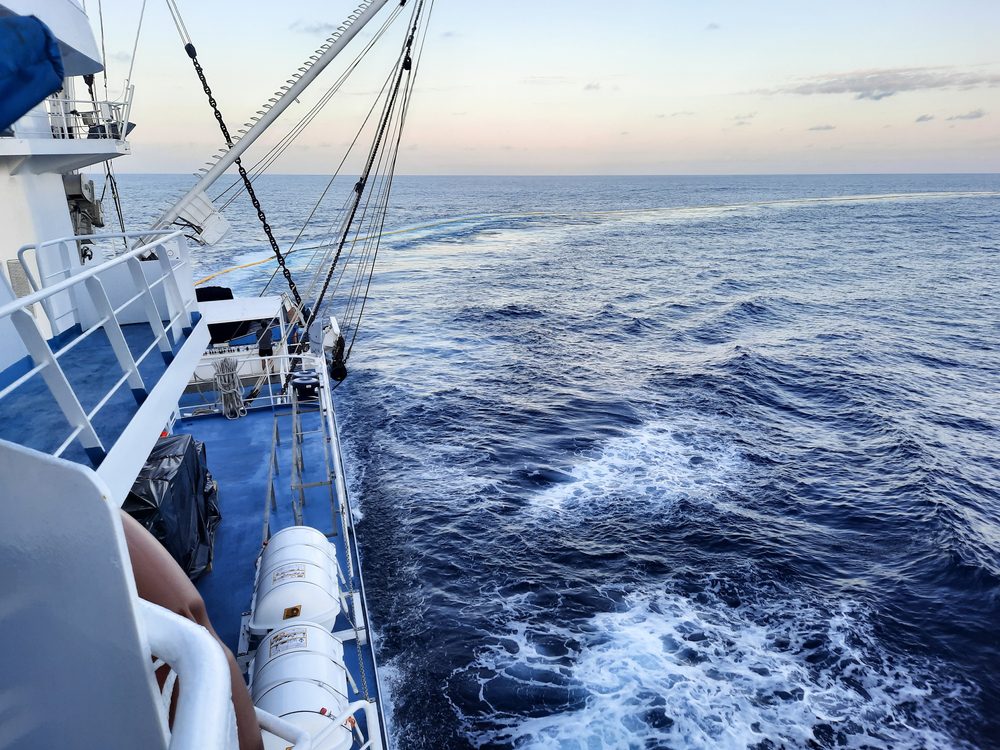
Environmentalists have accused the EU of abusing sustainability funding to block attempts by developing nations to regulate overfishing in the Indian Ocean, Politico reports, as European nations move to safeguard their dominance of the regional tuna trade.
European vessels have long dominated tuna fishing in the Indian Ocean, supported by EU proactive lobbying against attempts to limit their share of the market. This agenda increasingly clashes with the interests of regional governments bordering the Indian Ocean, which recently announced plans to regulate technology linked to overfishing due to fears that fish stocks could collapse.
At a meeting of the Indian Ocean Tuna Commission (IOTC) in Kenya in February, 11 nations, spearheaded by Indonesia, decided to limit the use of controversial fish-aggregating devices: floating objects meant to attract fish, and a favourite fishing method used by European trawlers.
Since the IOTC proposed the regulations, the EU has channelled millions in “sustainable fisheries partnerships” to nations in favour of the new regulations to potentially change their minds on the matter.
Critics accuse the EU of using the funding streams to exert leverage on developing countries and lobby them against the proposals. Ostensibly designed to protect the fishing industry and incentivise environmentally friendly practices, EU sustainable funds are the cornerstone of European fishing policy and allocate financial support to designated recipients.
An investigation by the sustainable fishing group BLOOM revealed that the EU is using delegations and industrial lobbyists to stall overfishing regulations in East Africa. BLOOM has also accused Brussels of direct industrial collusion to prop up its stranglehold on tuna fishing in the Indian Ocean. A similar Guardian expose revealed that the EU diplomatic delegation to fishing negotiations in the Indian Ocean had been hijacked by corporate lobbyists.
“EU public authorities and industrial lobbies have merged into a unique body which, on top of damaging marine wildlife and ecosystems also harms developing economies in the Global South,” scientific director of BLOOM Frédéric Le Manach declared, denouncing the EU of practising economic neocolonialism through the weaponization of sustainability funding.
African nations in particular are struggling to grow their fishing fleets with many warning that local fishermen are unable to compete with European fishing fleets. Speaking to Politico, Mohamoud Badrudiin, director-general of Somalia’s fisheries ministry said that falling tuna stocks posed an existential threat to the war-ravaged country.
European fishing vessels in Africa have earned a negative reputation for their abuse of local fish stocks and bribery of local officials. Currently, a corruption scandal involving an Icelandic fishing company and Namibia is rocking the regional industry.
Brussels announced a new round of funding for sustainable fishing in the Indian Ocean last month, a decision decried by critics as providing a cover for pursuing the EU’s strategic interests. European fishing lobbyists who oppose the new reforms claim that there is no scientific consensus on the regulations.
Environmental funding is increasingly part of EU foreign policy; Brussels has been using green grants to exert influence in Kenya and Morocco in recent months. Europe is currently grappling with a widening schism between itself and the Global South in the wake of the Ukrainian war with some commentators linking environmental outreach to an attempt to secure preferential treatment among nations in the developing world.
Perfectly illustrating the intersection between faux-environmentalism and real-world geopolitics, a relatively minor fishing dispute in the Indian Ocean is indicative of a developing world more forceful in pursuing its own interests against the West.
